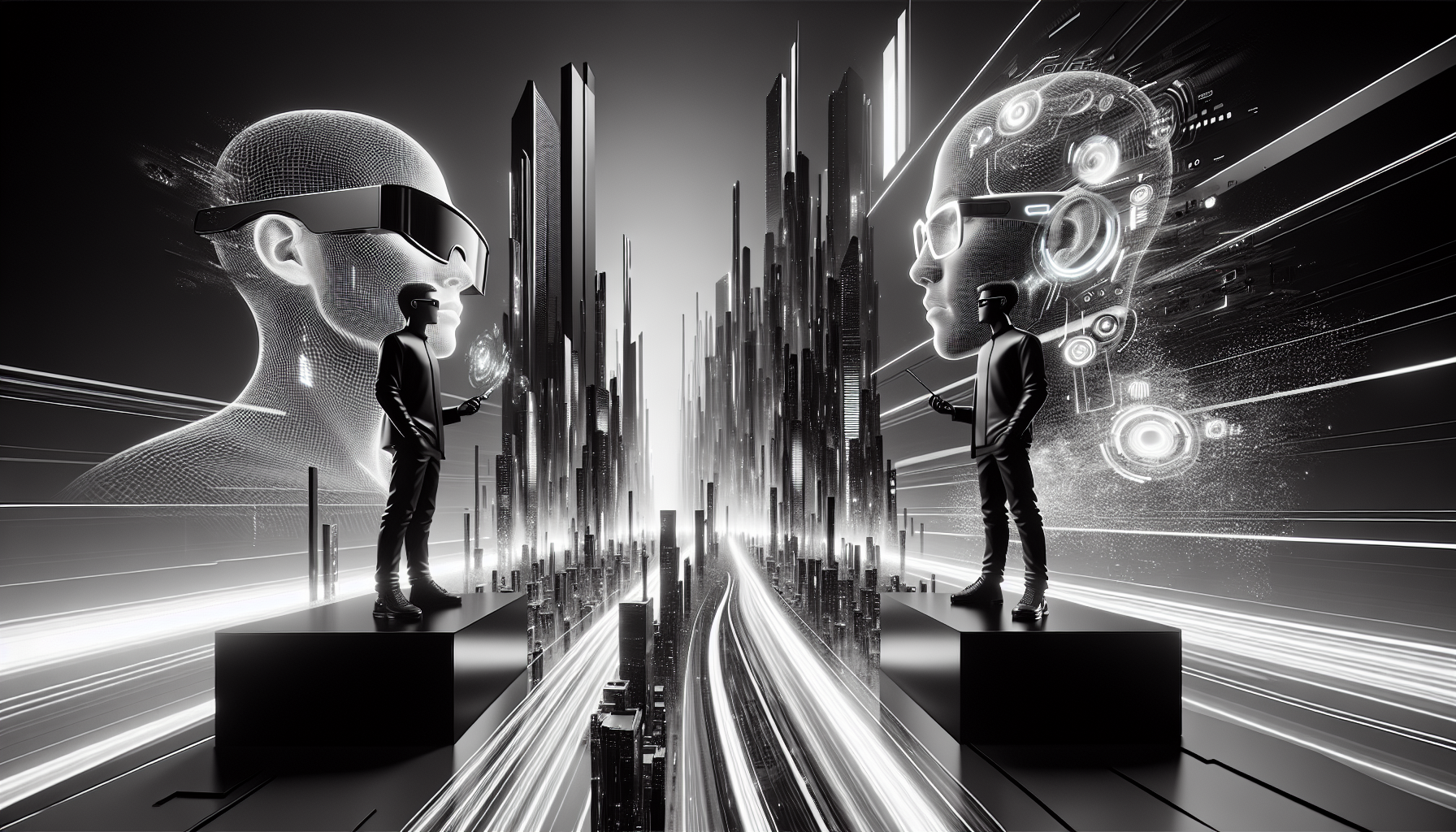Apple's Next Big Leap in Wearables
What if your glasses could guide you through a city, translate a foreign language in real time, or help you find your parked car-all without lifting a finger? That's the promise Apple is making with its upcoming AI-powered smart glasses, expected to launch in 2025. And it's not just a new gadget-it's a direct challenge to Meta's Ray-Ban smart glasses, which have already carved out a strong foothold in the market.
Apple's move signals a shift in strategy. After the high-end Vision Pro headset, priced at $3,500 and aimed at early adopters and professionals, the company is now targeting everyday users. These smart glasses are expected to be lighter, more affordable, and deeply integrated into the Apple ecosystem. Think of them as the iPhone's new best friend-always on, always aware, and always helpful.
What We Know So Far
While Apple hasn't officially confirmed the product, multiple industry sources and leaks suggest a 2025 release. The glasses are rumored to feature real-time object recognition, voice-activated AI via Siri, and seamless integration with apps like Apple Maps, Messages, and even Health. They'll likely sync with your iPhone, offloading heavy processing to keep the glasses lightweight and power-efficient.
Pricing is expected to fall between $500 and $1,000. That's a sweet spot-cheaper than the Vision Pro, but still premium enough to differentiate from Meta's $299 Ray-Ban smart glasses. And unlike Meta's offering, which leans heavily on style and social features, Apple's glasses are expected to focus on utility, productivity, and accessibility.
The Competition Is Heating Up
Meta's Ray-Ban smart glasses, launched in partnership with EssilorLuxottica, have already sold over a million units. They offer AI-powered features like photo capture, real-time translation, and environmental awareness-all wrapped in a fashionable frame. Samsung is also entering the race with its "Haean" smart glasses, expected later this year, alongside its Project Moohan XR headset.
But Apple has a unique advantage: its ecosystem. With over 1.5 billion active devices worldwide, Apple can offer a seamless experience that competitors struggle to match. Imagine getting a message on your iPhone and seeing it pop up in your glasses, or using Siri to navigate a crowded airport without pulling out your phone. That's the kind of integration Apple is betting on.
Privacy, Design, and the Road Ahead
Despite the excitement, smart glasses still face hurdles. Privacy remains a top concern. A 2024 Statista survey found that 62% of consumers are wary of devices that can record their surroundings. Apple will need to address this head-on, possibly with visible indicators when cameras are active or strict on-device processing to limit data sharing.
Design will also be critical. The Vision Pro was powerful but bulky, weighing around 600 grams. In contrast, Samsung's Haean glasses reportedly weigh just 50 grams. Apple's smart glasses are expected to prioritize comfort, possibly offering prescription lens support and a minimalist aesthetic that blends into daily life.
Why This Matters
This isn't just about another Apple product. It's about how we interact with technology. Smart glasses represent a shift from screens to sightlines-from tapping and swiping to looking and speaking. They could redefine how we navigate the world, communicate, and access information.
And with Apple's recent AI advancements-like the upgraded Siri and Apple Intelligence platform-these glasses could become more than just a display. They could be your personal assistant, translator, navigator, and memory aid, all in one discreet frame.
2025 is shaping up to be a defining year for augmented reality. Whether Apple's smart glasses become the next iPhone or the next Google Glass will depend on execution, timing, and how well they balance innovation with everyday practicality.
But if Apple gets it right, you might soon be looking at the world through a whole new lens.
